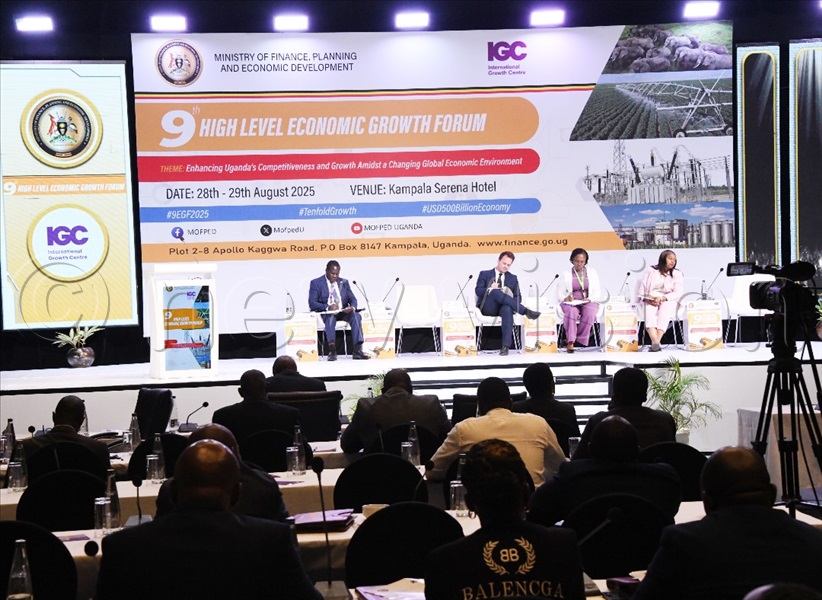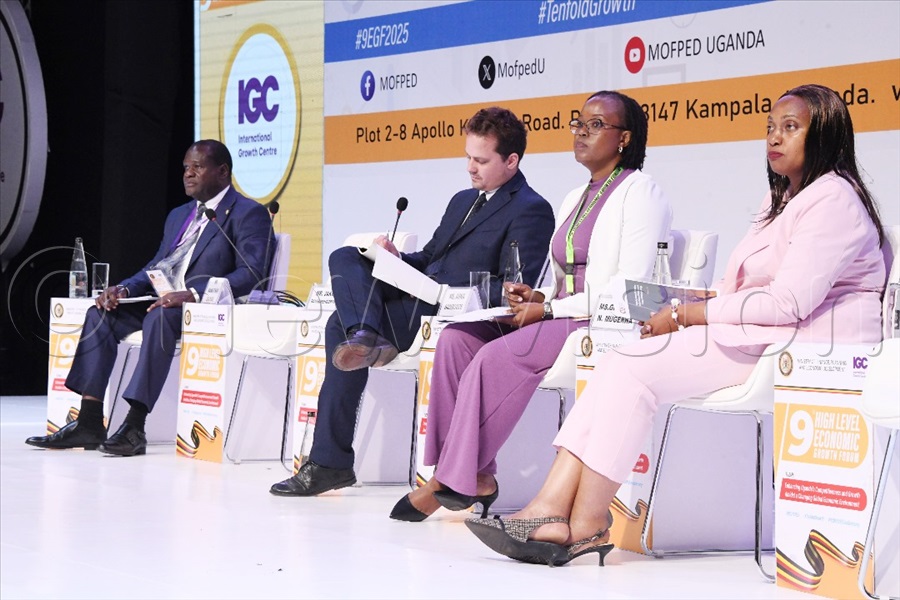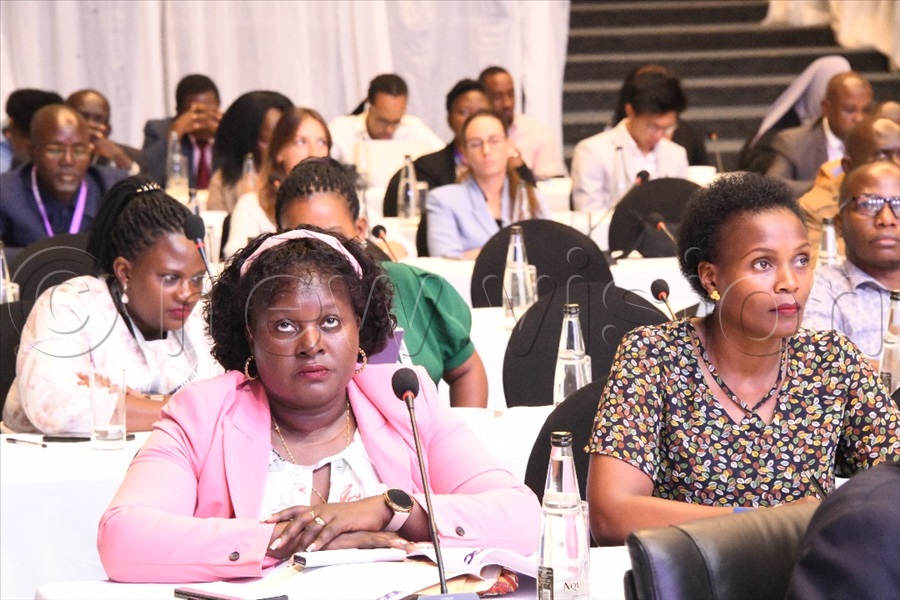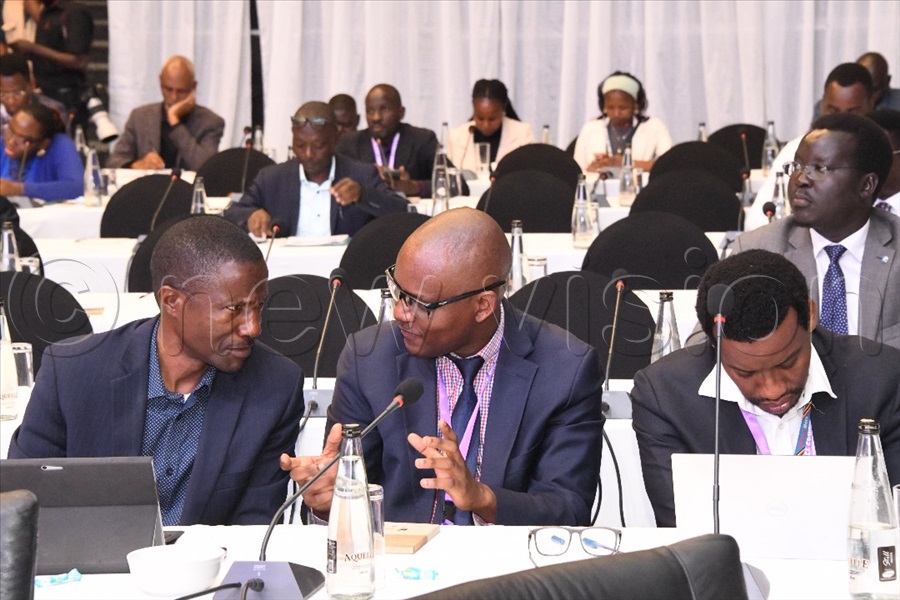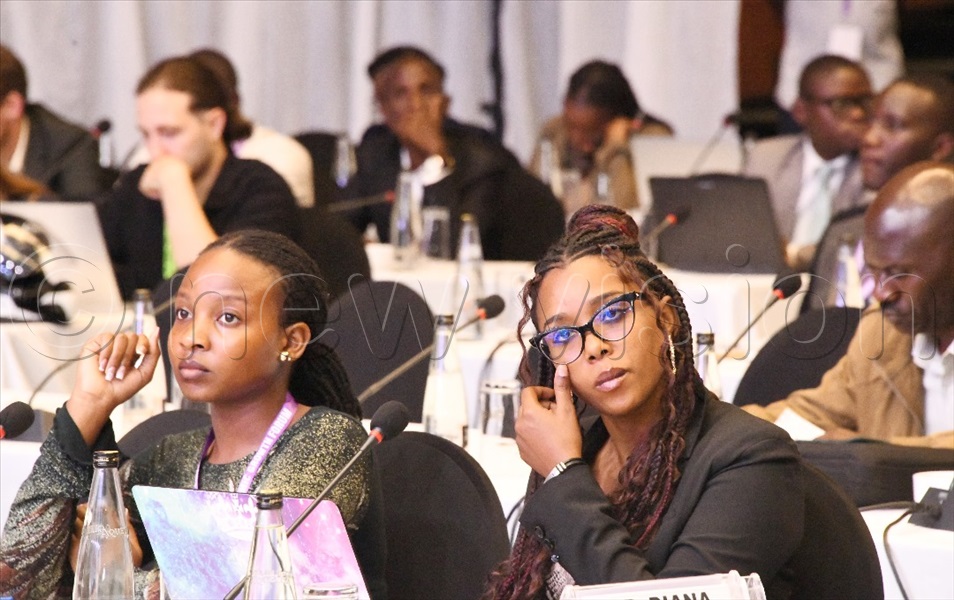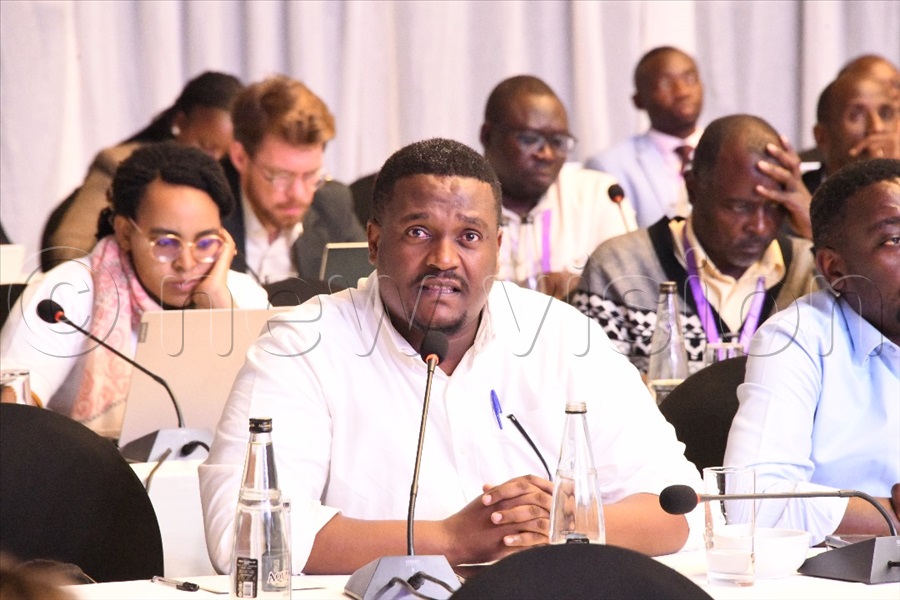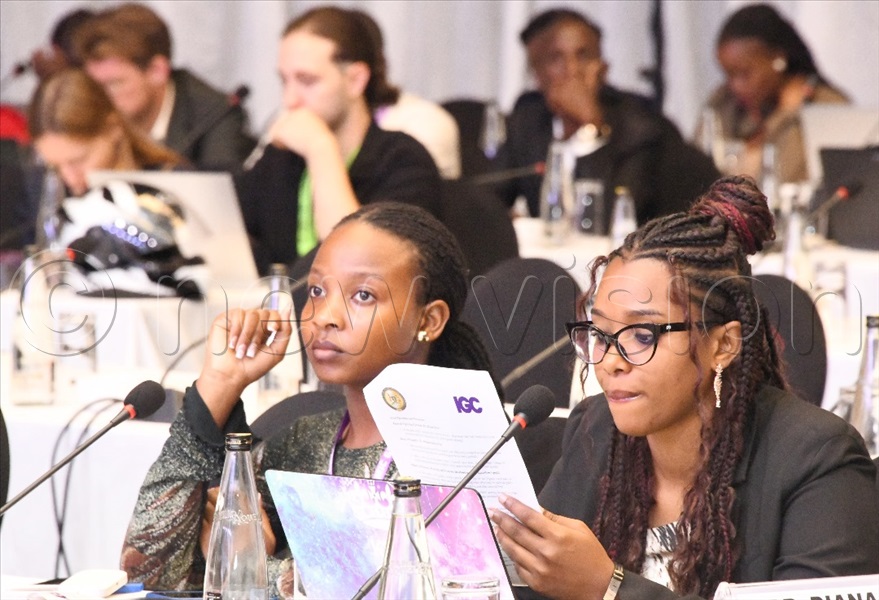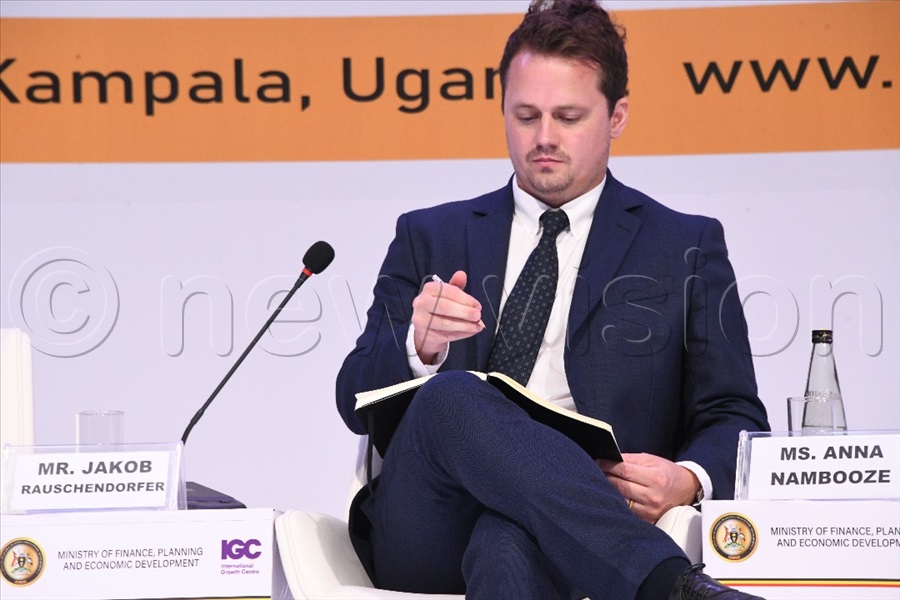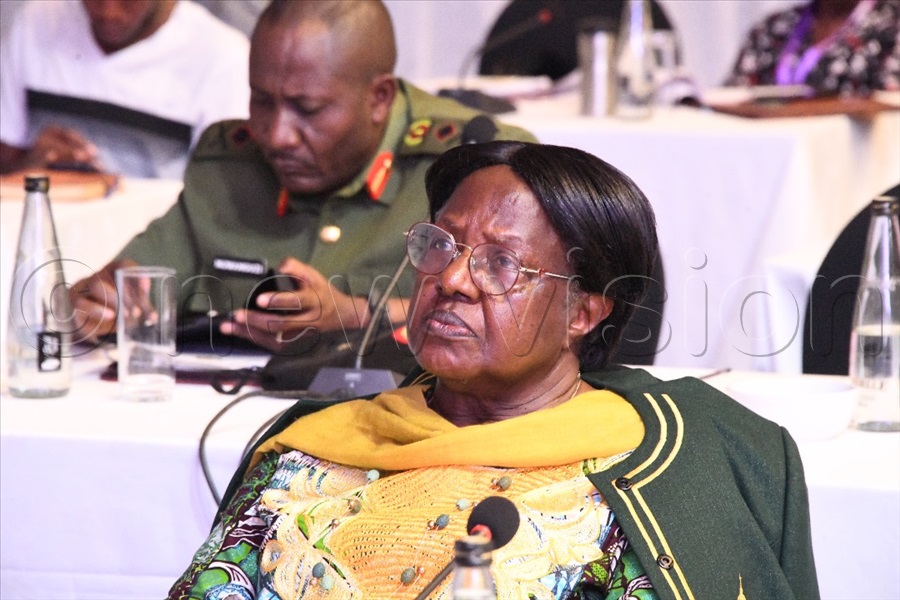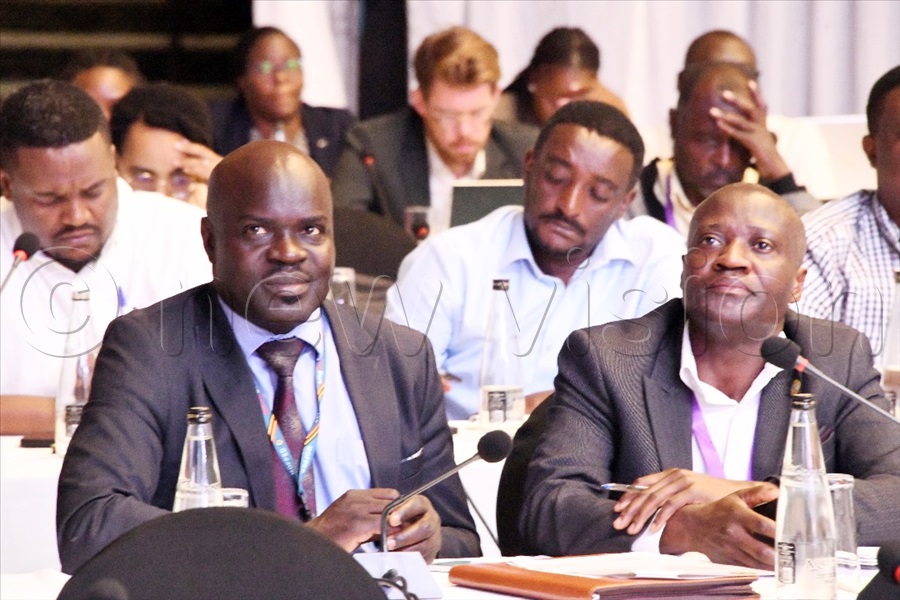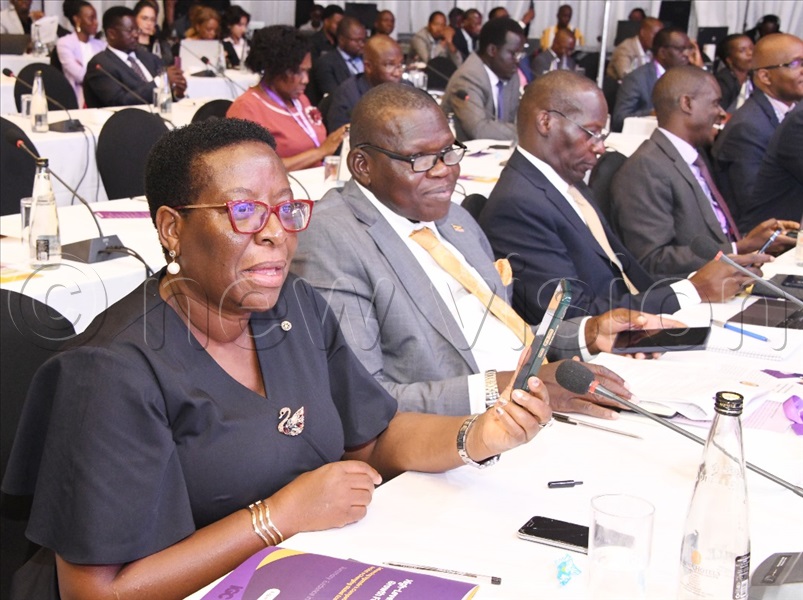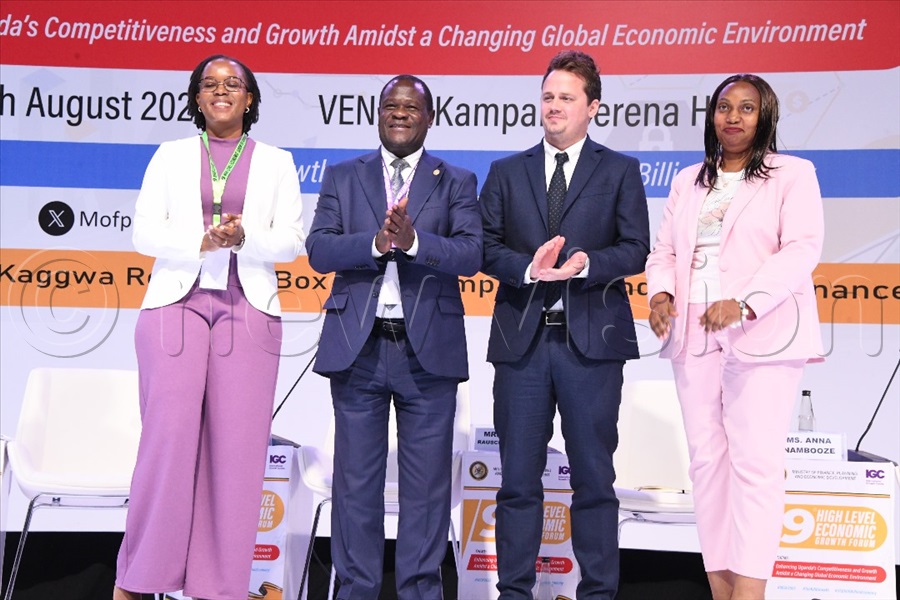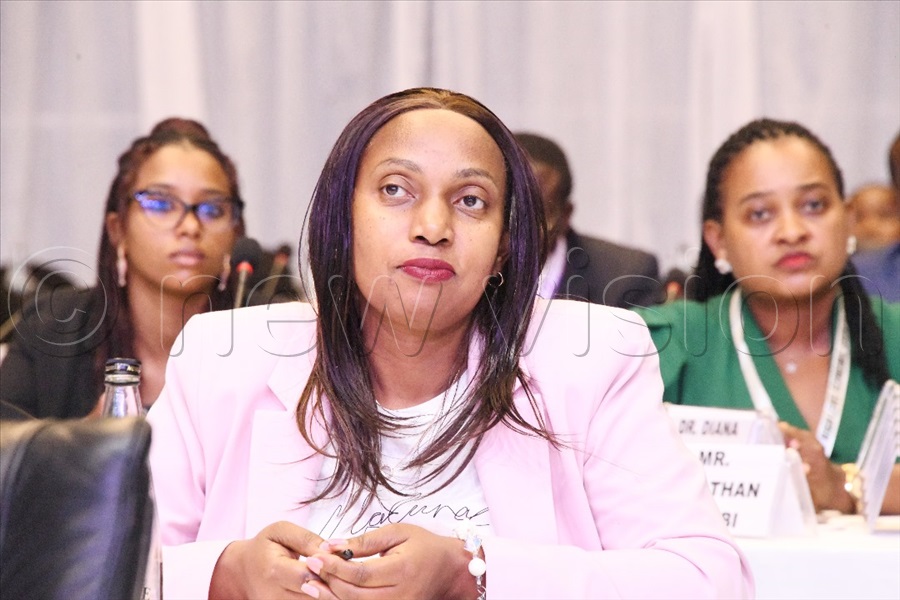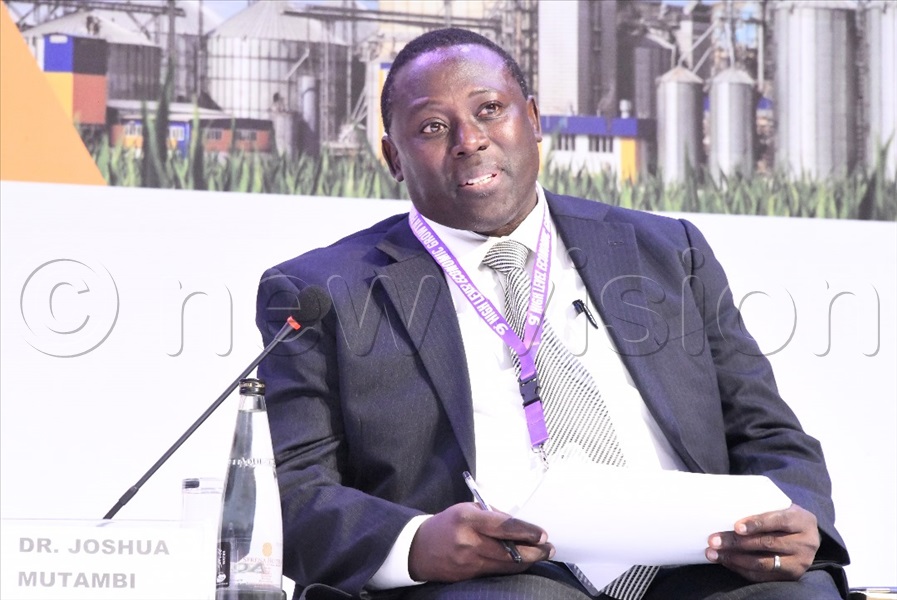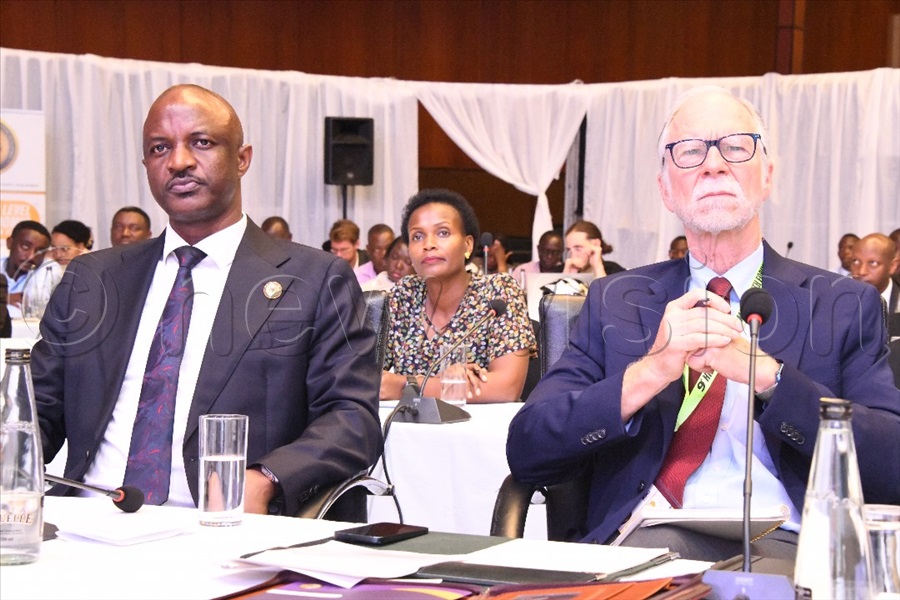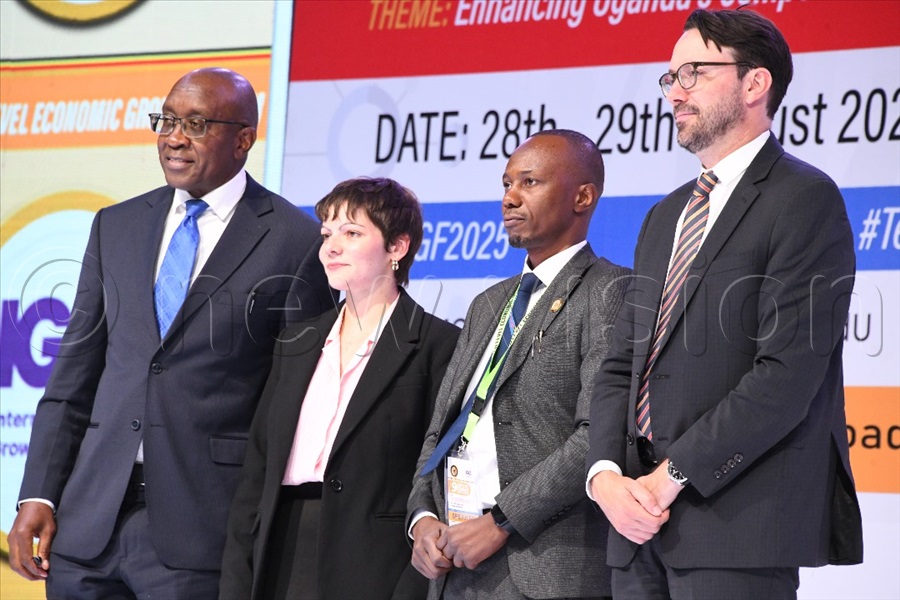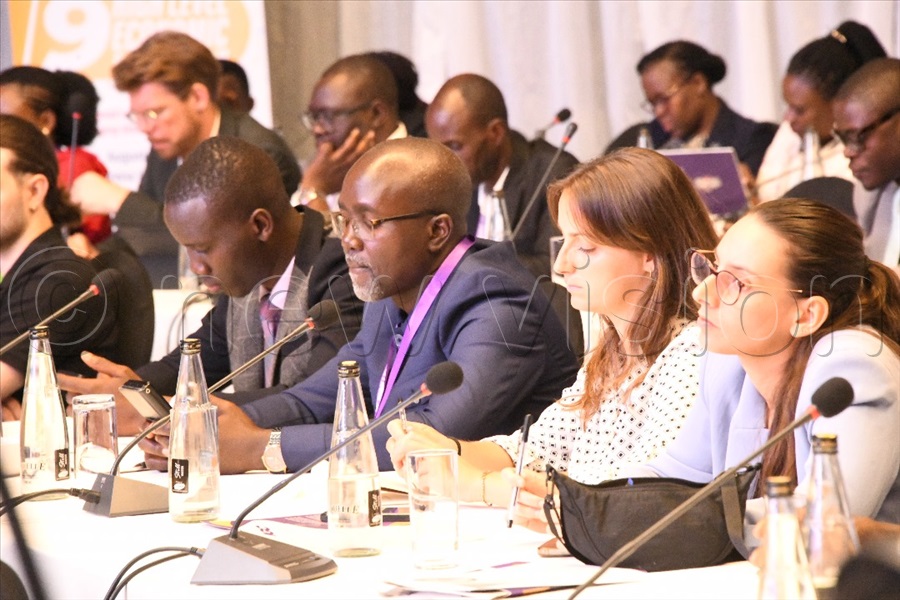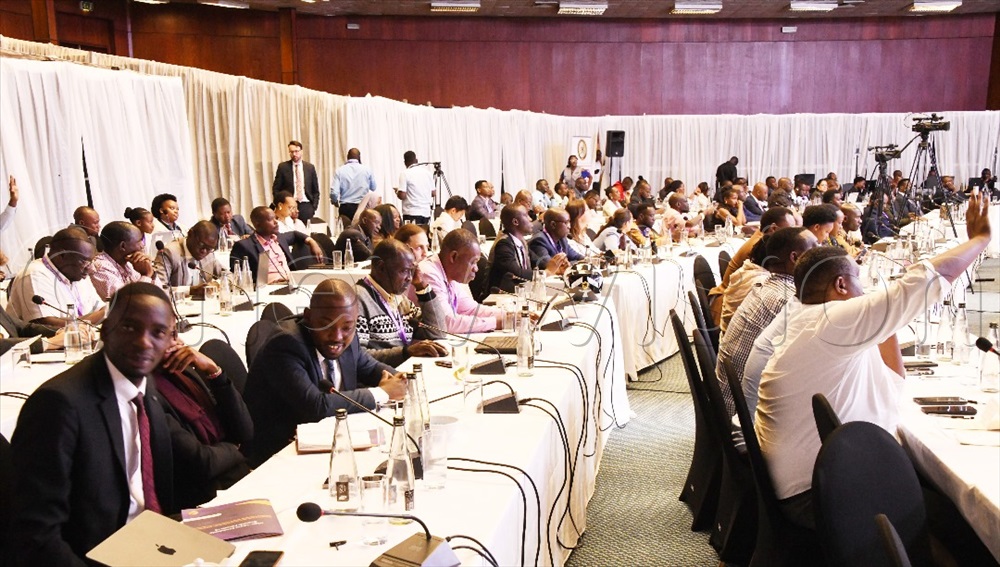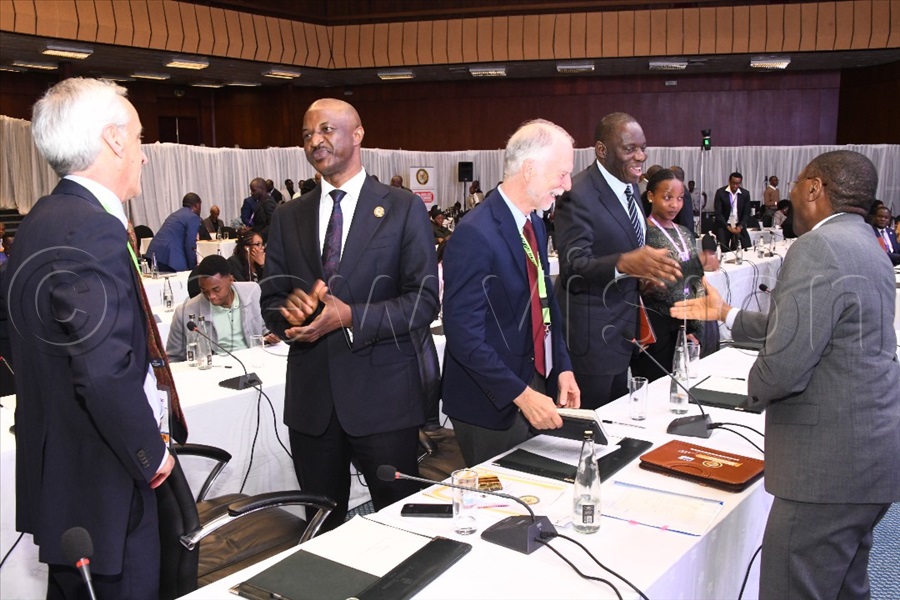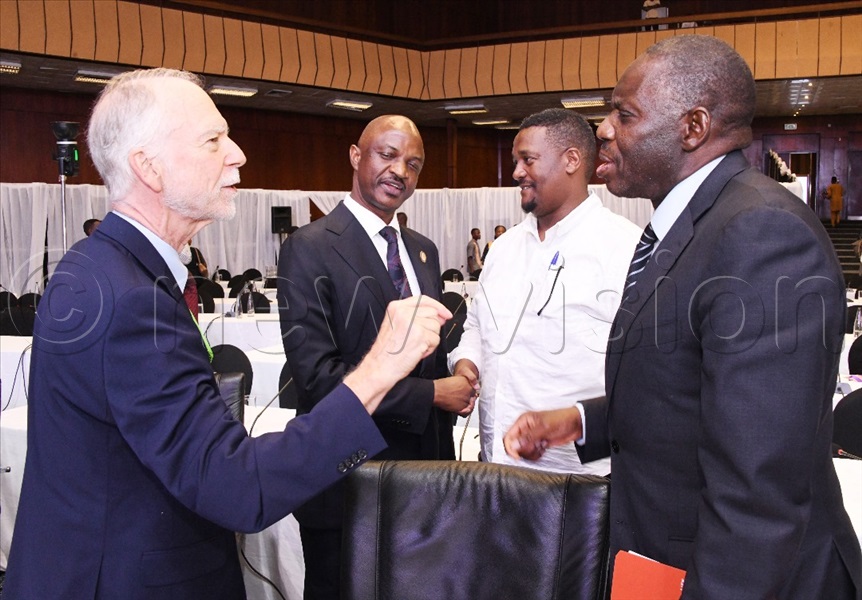📸 Gov’t pledges to adopt growth forum recommendations
Uganda’s economy has continued to grow, expanding by 6.3% last year, which was above both the regional and global average.
The government has set an ambitious goal of expanding the economy tenfold, from around $50b to $500b by 2040. (Credit: Mpalanyi Ssentongo)
By Ali Twaha
Journalists @New Vision
KAMPALA - The government has said it will adopt key recommendations from a two-day high-level dialogue in Kampala that brought together policymakers, academics, private sector leaders, and development partners to discuss how to strengthen the economy.
The 9th High-Level Economic Growth Forum, organised by the Ministry of Finance and the International Growth Centre (IGC), was held under the theme "Enhancing Uganda's Competitiveness and Growth Amidst a Changing Global Economic Environment."
Dr Jonathan Leape of the IGC warned that the international trade system built in the mid-20th century was breaking down.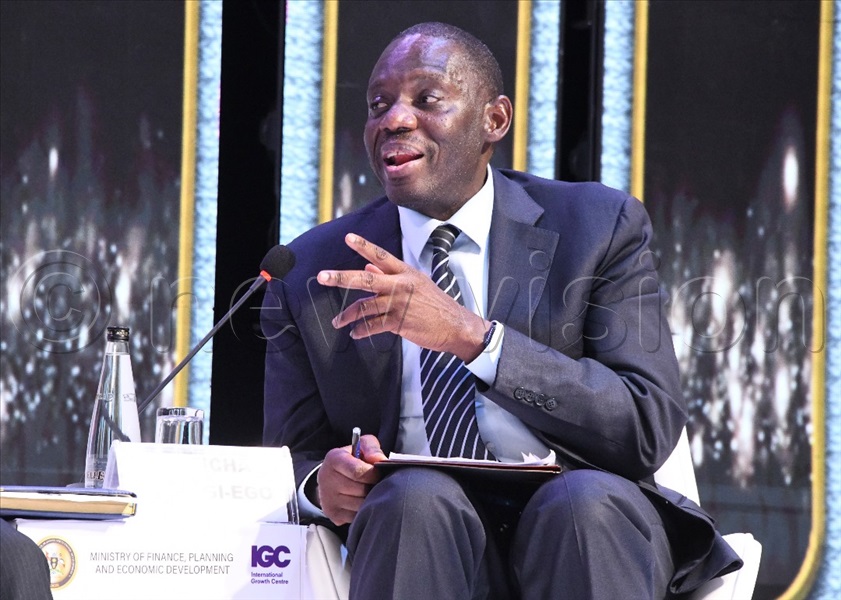
Central Bank Governor Michael Atingi-Ego remarks. (All Photos by Mpalanyi Ssentongo)
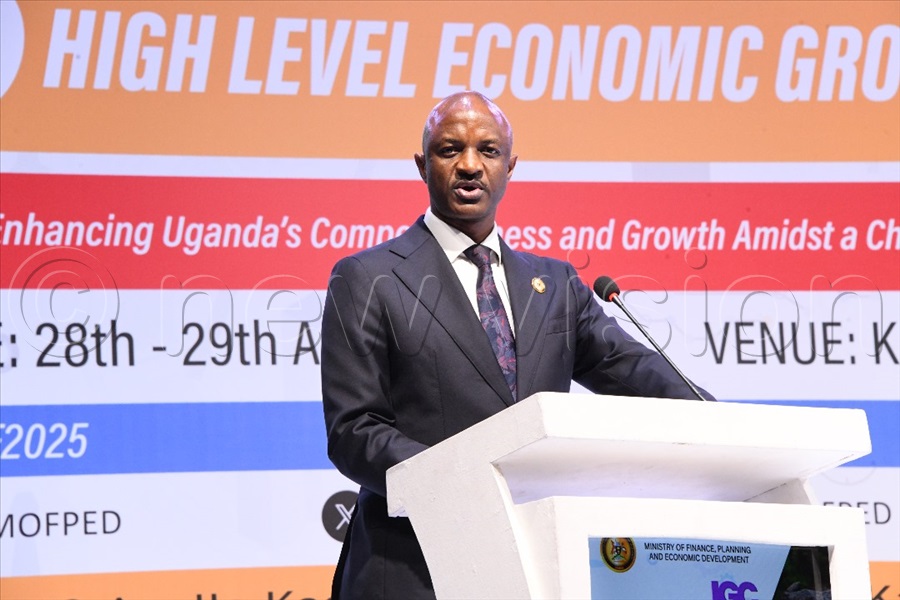
The Permanent Secretary and Secretary to the Treasury (PSST), Ramathan Ggoobi.
He said many of the rules and institutions that had governed global trade since the 1950s had been pushed aside, with some wealthy countries now preferring bilateral deals or unilateral pronouncements. At the same time, aid from richer nations was shrinking.
Despite this, Uganda’s economy has continued to grow, expanding by 6.3% last year, which was above both the regional and global average.
The government has set an ambitious goal of expanding the economy tenfold, from around $50b to $500b by 2040.
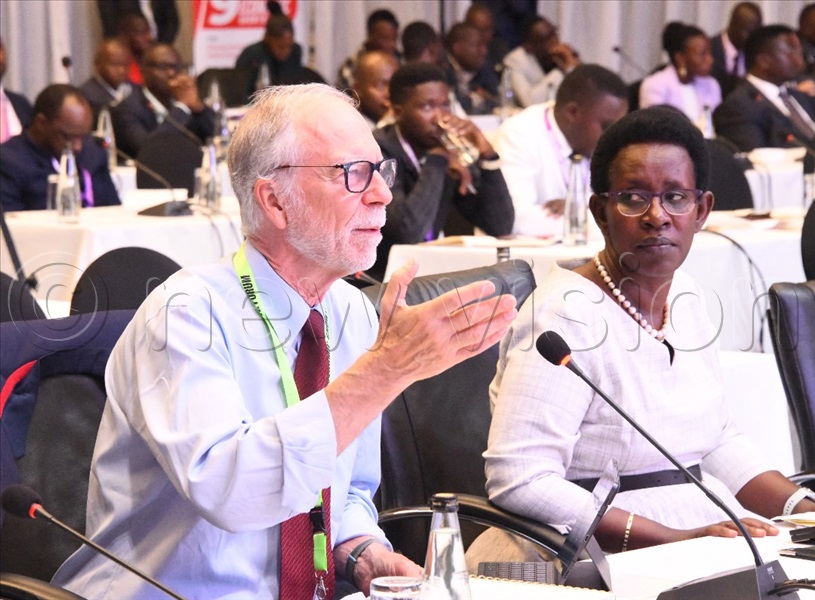
Richard Newfarmer, International Growth Centre (IGC), Country Director for Uganda and Rwanda.
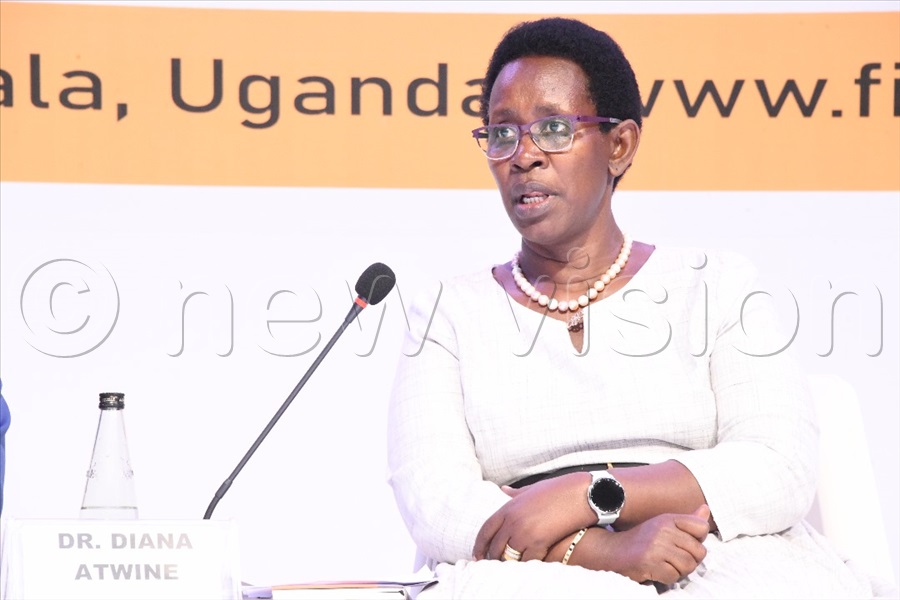
Dr Diana Atwine, the Permanent Secretary at the Ministry of Health.
To reach that target, Uganda would need to sustain average real growth of 8% a year, effectively doubling the size of the economy every five years.
Ramathan Ggoobi, the secretary to the treasury, said this vision depends on driving exports, raising productivity, and finding innovative ways to finance growth.
He pointed to agro-industrialisation, tourism, mineral development, and science and technology as the sectors that will anchor the strategy.
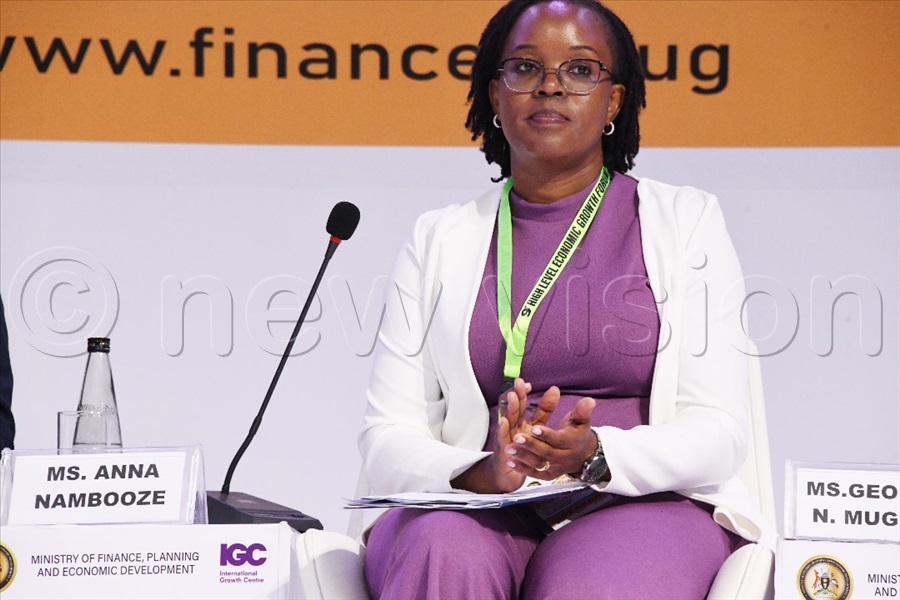
Anna Nambooze, Country Director Uganda & Sudan Trademark
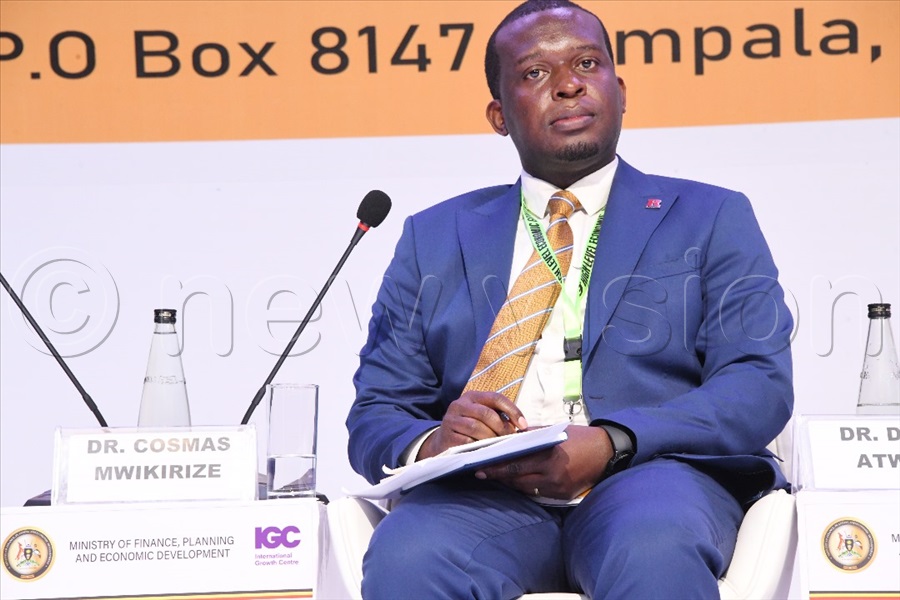
Dr. Cosmas Mwikirize-Science, Technology and innovation.
Professor Vittorio Bassi of the University of Southern California argued that achieving higher productivity and value addition requires moving beyond Uganda’s reliance on small and medium enterprises.
He said growing larger, more productive firms will be key, but noted that SMEs face hurdles such as limited access to finance, markets, technology, and skilled workers.
Closing the forum, Ggoobi promised participants that the government would use the recommendations to inform the 2026/27 budget and long-term plans.
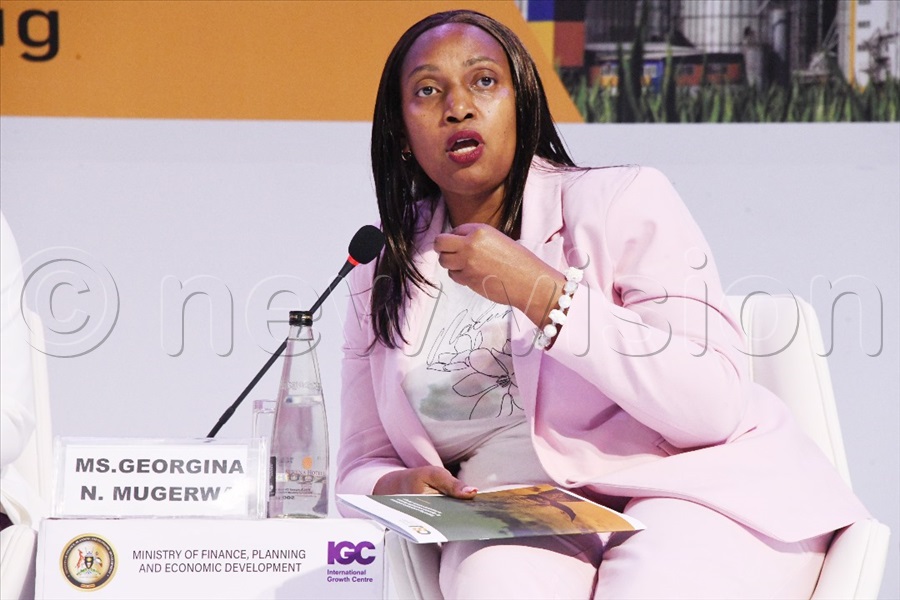
Georgina Mugerwa, Assistant Commissioner Ministry of trade in charge of external trade.
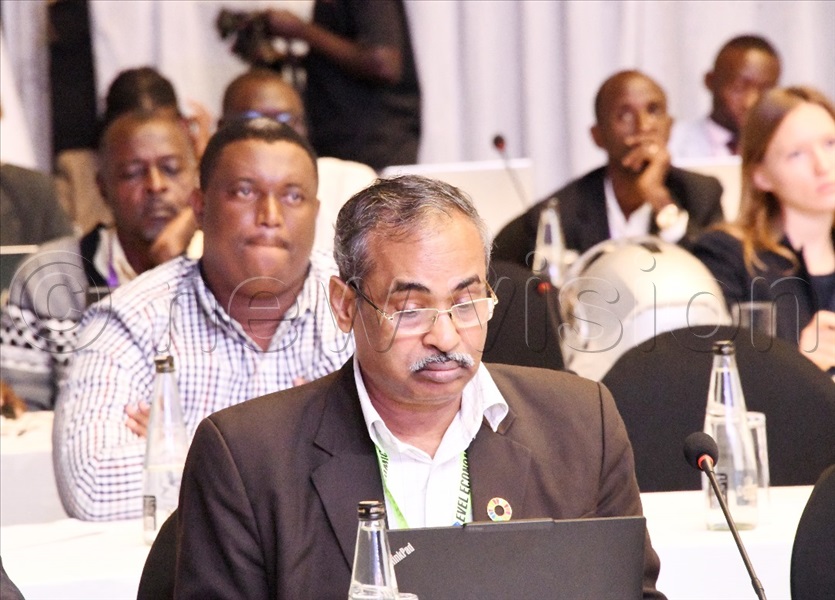
He said the discussions had been a reminder that economic growth should not be seen as an end in itself, but as a means to improving jobs, health, education, and household incomes.
He added that Uganda’s growth strategy must remain anchored in sound economic management, with macroeconomic stability as a guiding principle. Taking advantage of opportunities in the global economy, he said, will be critical.
On domestic resource mobilisation, Ggoobi noted that higher savings and more tax revenue will be needed, but warned against heavy-handed enforcement that could undermine taxpayers.
__________________________________
The 9th High-Level Economic Growth Forum, organised by the Ministry of Finance and the International Growth Centre (IGC), was held under the theme "Enhancing Uganda's Competitiveness and Growth Amidst a Changing Global Economic Environment." Below is a picture highlight from the function as captured by New Vision's Mpalanyi Ssentongo;
